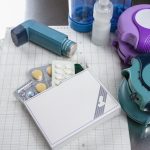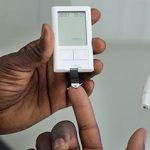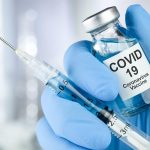
The annual shift to daylight saving time is a challenge for many parents, whose children may struggle with the change. A pediatrics sleep medicine expert offers some tips for making springing forward a little easier for all ages. “Whether it be jet lag, spring break or daylight saving time, a break in sleep structure can make things challenging. But we have ways to cope with that,” said Dr. Sonal Malhotra. She is an assistant professor of pulmonary and sleep medicine services at Baylor College of Medicine, in Houston. Children tend to fall into three sleep categories depending on age, Malhotra said — infants under 6 months; toddlers and young children who have a natural inclination to wake early; and older kids and teens who struggle with morning wake-up times. The time change isn’t typically an issue for the youngest group, Malhotra said. “At this age, children are still building their circadian rhythms,” she said. “Although their sleep schedules are fragmented by naps throughout the day and night, there is still structure that ensures they get enough sleep.” The spring change is easier for the second age group than turning the clocks back in fall. It can be beneficial for parents to let them stay up later and sleep in more, Malhotra said. For kids over 6 months of age who struggle to wake up in… read on > read on >


















